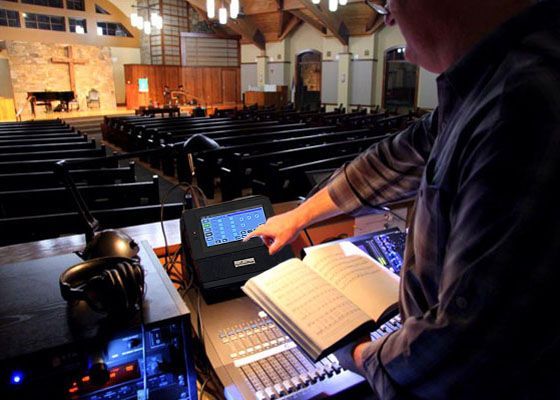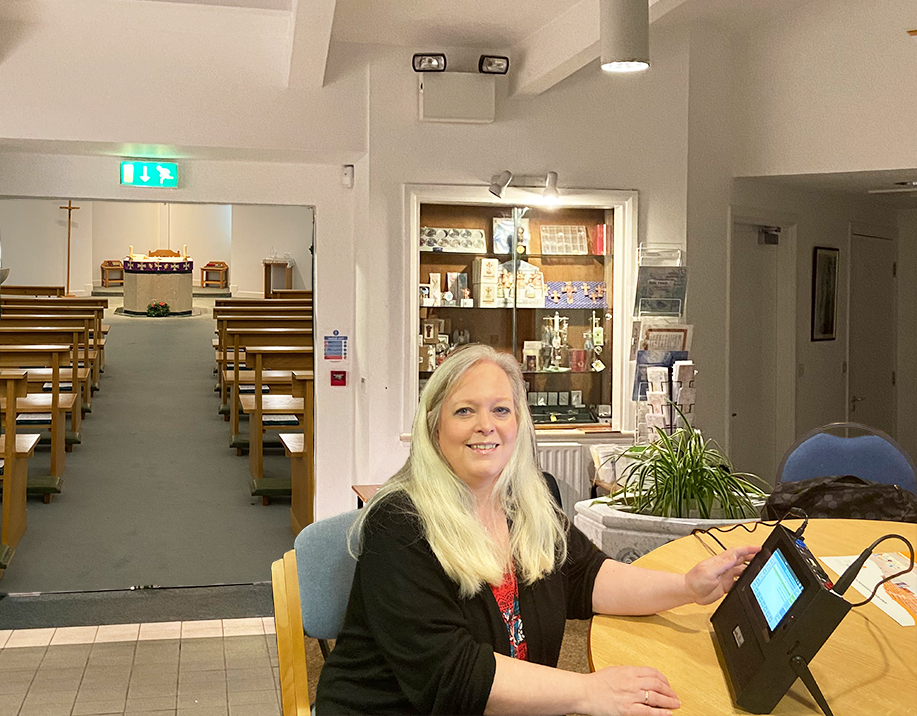

Church Hymns Background
Throughout history, numerous cultures have revered hymns as a meaningful expression of faith, a sentiment that remains true even in modern times. The term "Hymn" (derived from the Greek word for "song of praise") is dedicated to honoring and praising one's God. This enduring practice reflects the profound significance of music and song as a universal means of connecting with the divine. Additionally, hymns provide individuals and communities with a platform for collective worship and spiritual connection, fostering unity and a shared purpose.
Ancient Church Hymns
Biblical hymns have their origins in the Old Testament, with the book of Exodus containing a hymn that showcases God's favor towards His people, the Israelites. The Song of Moses, as found in Exodus 15, stands as one of the earliest recorded hymns. The Israelites persistently embraced hymns of supplication and gratitude.
Christian Church Hymns
During the formation of the early Church, the Last Supper signifies the importance of 'the hymn' in the worship setting. 'And when they had sung a hymn, they went out to the Mount of Olives.' Matthew 26:30
The Passover celebration involved the singing of several Psalms, with Psalm 113-114 and 115-118 being traditionally sung.
Modern Worship Hymns
Today, the Church presents a rich variety of hymn styles and arrangements, showcasing a diverse range of expressions. Contemporary Praise and Worship compositions are seamlessly woven with timeless traditional hymns.
-
Hymn Development and Style
The early forms of hymns were initially developed with a poetic style (four-line stanzas) due to simplicity. Later, during the Middle Ages, choirs began to form to finesse the delivery of the hymns, which further advanced the development of 'hymn styles' with more ornate melodies improving upon previous works.
-
Hymns and the Reformation
Congregational Hymn singing during the Liturgy increasingly became popular during the Reformation. In particular, the Lutheran Church in Germany is notable for its efforts.
The early Chorale, or German Hymn melody, was initially unharmonised and sung unaccompanied, although harmonised versions with varying choir and organ combinations were added later.
Martin Luther was also notable in his contribution to Hymns with his collection of texts in 1524. His contemporaries included Johann Walther and later Georg Rhau(1544)
The Calvinists also encouraged metrical translations of the Psalter, and English and Scottish Protestant Churches were also noted for their inclusion of the singing of Psalms.
The 17th Century greatly contributed to English hymnody through the hymn writer Isaac Watts (Hymns and Spiritual Songs 1705-19). Further development and dynamic works were continued during the evangelical revival (18th Century). The founders of Methodism (John and Charles Wesley) became known for establishing Hymnody in England and America.
Charles Wesley's poems included experimental metres, and John Wesley's translations introduced many German Hymns. Their work contains a variety of musical tunes in the style of Handel.
-
Hymns in the Church of England
In the 1800s, there was further development of the yymn, including singing hymns with new compositions, translations of metrical hymns, and plainsong melodies. The English Hymnody reflects excellent works in the early production of Hymns Ancient and Modern 1861, which also conformed to the Anglican Book of Common Prayer - with the setting of hymn text to its proper tune.
-
Catholic Church Hymns
The Counter-Reformation in the 16th Century enabled the development of Catholic hymns. Further renewals later produced the Westminster Hymnal in 1940. These initial movements, combined with the re-introduction of congregational singing during Mass, provided the stimulus required for the composition and development of today's new hymns.
-
Hymn Future and its Place in Society
The future relevance of the hymn's value to society look spromising. Based on past and current hymn trends, there is a strong likelihood that this form of expression will continue to adapt and mature.
Favourite Church Hymns
Traditional Hymns
Amazing Grace
How Great Thou Art
Be Thou My Vision
The Old Rugged Cross
Blessed Assurance
I Have Decided To Follow Jesus
Nearer my God To Thee
I The Lord of Sea And Sky
Psalm 23
How Deep The Fathers Love For Us
Easter Hymns
Christ the Lord is Risen Today
Nothing But the Blood
Great Is Thy Faithfulness
Dear Lord And Father Of Mankind
Morning Has Broken
The Lord's My Shepherd
All Creatures of Our God And King
Alleluia Sing To Jesus
Thine Be Thy Glory
This Little Light of Mine
Christmas Hymns
Joy To The World
Silent Night
Away In A Manger
O Little Town Of Bethlehem
Angels We Have Heard On High
O Come All Ye Faithful
The First Noel
Mary's Boy Child
O Come O Come Emmanuel
O Holy Night
UK HEADQUARTERS
Hymn Technology
PO Box 862A
Surbiton
Surrey, KT1 9GQ
United Kingdom
International Phone:
Email: info@hymntechnology.com
Skype: hymntechnology
USEFUL LINKS
Copyright Hymn Technology Ltd | Hymnal Plus & the Hymnal Plus logo ® RTM Hymn Technology Ltd
Web Design by www.everydaychristianmarketing.co.uk

